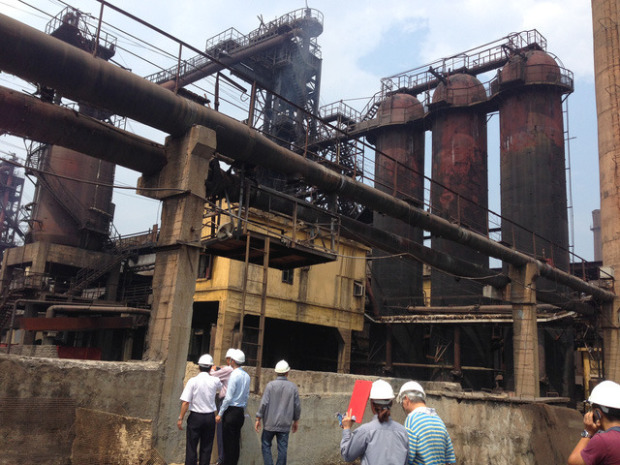An ample growth opportunity is there for the local environmental industry and well-trained, high-quality human resources are just the right key to unlock potential.
Growth and the environmental puzzle
“It is time [we] changed [our] development perspectives; economic growth must be in harmony with environmental protection for sustainable development; so that immediate benefits will not be obtained at the expenses of the environment; the interests and peaceful life of the people must be protected“, reiterated Prime Minister Nguyen Xuan Phuc in a national online conference on environmental protection in August 2016.

Thai Nguyen Industrial Park
The local environmental industry is still at the early stage of development. The industry contributes roughly 2.14% to 2.77% of GDP in such developed nations as the US, Japan and Europe and averages at 1.4% for the world as a whole.
Meanwhile, Vietnam’s environmental sector recorded a modest contribution of merely 0.5% of GDP in 2013 (water supply excluded). This indicates an enormous potential for growth (at least to the world average of 1.4% of GDP) and huge demand for human resources in the field.
The local environmental industry has been growing strongly by 9.2% per year, well above the growth of the entire industrial sector (7.15% y-o-y) . According to the “Development plan for the environmental industry to 2015, with a vision to 2025”, the local industry mostly consists of SMEs with only 32 out of 1125 firms having capital of over VND500 billion.
The majority of businesses only master traditional technologies and still have to import advanced technology and equipment. Very few firms are capable of research and technological development.
This presents both a challenge and an opportunity for high-quality, research-oriented, practice-focused institutions in the area of environmental engineering and technology.
High-quality human resources
The Master’s program in Environmental Engineering offered by VJU is one of the most popular programs in the field of environmental technology. Aiming to train high quality human resources to meet the needs of the labor markets in Vietnam, Japan and internationally, VJU in general and its Master’s program in Environmental Engineering in particular obviously stand out from others.
“In order to help students quickly grasp the most up-to-date environmental technology and techniques, VJU has developed a program which is broad in application, deep in knowledge and skills on the foundation of sustainable development”, said Assoc. Dr. Cao The Ha – Director of the Master’s program in Environmental Engineering, VJU. The curriculum was adapted from the latest curricula of such advanced countries as Japan, the US, etc.,“, he added.
“Practicum makes up over 50% of the course and includes in-depth researches”, said Professor Jun Nakajima of Ritsumeikan University, Co-director of the Master program in Environmental Engineering at VJU. “The program was developed by professors of Vietnam National University, Hanoi, University of Tokyo – one of the world’s top universities and Ritsumeikan University – a leading private university of Japan.” he emphasized.
Besides attending lectures in the auditorium, students can participate in practical training activities; for example, 3-month internships in Japan working for businesses or research laboratories of leading Japanese Universities, etc.
Besides, VJU students are given the opportunity to participate in international workshops as well as open and guest lectures where they can make contacts with politicians and experts from big Japanese corporations. This will help VJU students build up their career in the context of global integration.

The program is offered intensively in English with up-to-date knowledge, various practice sections, and basic Japanese courses. VJU graduates thus can work in Vietnam, especially for the locally-based Japanese businesses, in Japan or in any other countries. VJU is also an ideal place for those students who want to pursue an academic career. Its students may be awarded Japan’s PhD Scholarships for developing countries.
With the support of both governments, VJU has built a temporary campus in My Dinh while it awaits its campus in Hoa Lac Hi-tech Park to be fully furnished. In 2017, practicum rooms for the program will be completed with the latest equipment to facilitate learning and research activities.
With the combined forces of the governments, VJU and businesses into the program, graduates are expected to become leading experts and researchers in environment locally and regionally.
The second cohort of the Master’s program in Environmental Engineering at VJU commences in September 2017. Admission deadline: July 14, 2017

